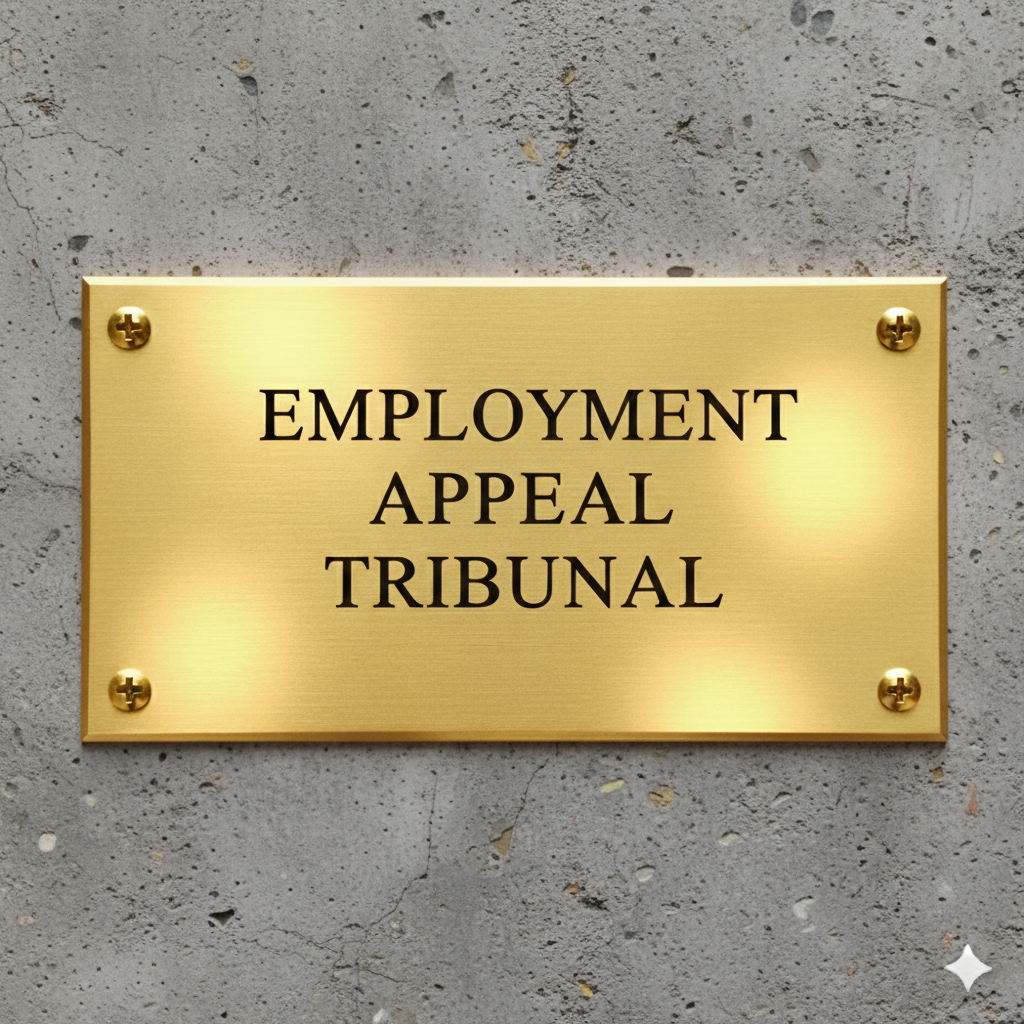Appeal Dismissed: DHSC Not Liable for Care Home Worker Dismissals During Pandemic
The Employment Appeal Tribunal has dismissed an appeal against the Department of Health and Social Care (DHSC), finding them not liable for indirect discrimination related to care home worker dismissals during the COVID-19 vaccine mandate.
• public
DHSC Not Liable for Care Home Staff Dismissals
The Employment Appeal Tribunal (EAT) has ruled against a group of 127 former care home workers who claimed indirect discrimination after being dismissed for not being vaccinated against COVID-19. The appeal sought to hold the Department of Health and Social Care (DHSC) co-liable for the dismissals, arguing that DHSC guidance on vaccine requirements for care home staff induced or instructed employers to discriminate against unvaccinated workers.
Background: Vaccine Mandate and Dismissals
During the COVID-19 pandemic, regulations required care home managers to ensure that staff were vaccinated unless they had a valid medical exemption. Many care home workers who were unvaccinated subsequently faced dismissal. The claimants argued that the DHSC guidance was overly restrictive regarding acceptable medical exemptions and led to unfair dismissals based on religion, belief, disability, sex and/or age.
Tribunal's Decision: No Reasonable Prospect of Success
The initial Employment Tribunal struck out the claims against the Secretary of State for Health and Social Care (SoS) and the DHSC, finding that the claims had no reasonable prospect of success. The claimants appealed this decision to the EAT.
EAT Upholds Decision
The EAT has now upheld the Employment Tribunal's decision, dismissing the appeal. Judge Auerbach concluded that the DHSC guidance was aligned with the regulations and did not take a narrower approach to the concept of clinical reasons for vaccine exemption. The EAT found that issuing the guidance did not amount to instructing, causing, inducing, or knowingly helping any indirect discrimination on the part of the claimants’ employers. The original employers still face claims for unfair dismissal and discrimination, which will proceed to trial.
Key Arguments and Considerations
The EAT considered arguments relating to the Equality Act 2010, specifically sections 111 and 112 concerning instructing, causing, or inducing discrimination, and aiding contraventions. The Tribunal also examined Schedule 22 of the Act, which provides exemptions for actions taken pursuant to legal requirements.
The EAT found that the DHSC guidance was non-binding and intended to assist care home managers in complying with the regulations. The EAT further considered that because it was not arguable that the issuing of the Guidance amounted to instructing, causing, inducing or knowingly helping any unlawful discrimination that a given employer may have committed. There was no other pleaded basis upon which those respondents could arguably have been held liable under those provisions.
The EAT also addressed arguments that the DHSC guidance unduly confined the scope of clinical reasons, but it found these arguments unpersuasive. The Guidance accurately reflected regulations and provided appropriate advice. It emphasised that managers still had to explore options to dismissal, which were therefore not automatically required.
The EAT concluded that the original claims against the DHSC had no reasonable prospect of success and therefore upheld the decision to strike them out.
Read the entire judgement here: Louise Akester and 126 Others v Burlington Care (Yorkshire) Ltd and Others (1) Secretary of State for Health and Social Care (2) Department of Health and Social Care (3) [2025] EAT 111
